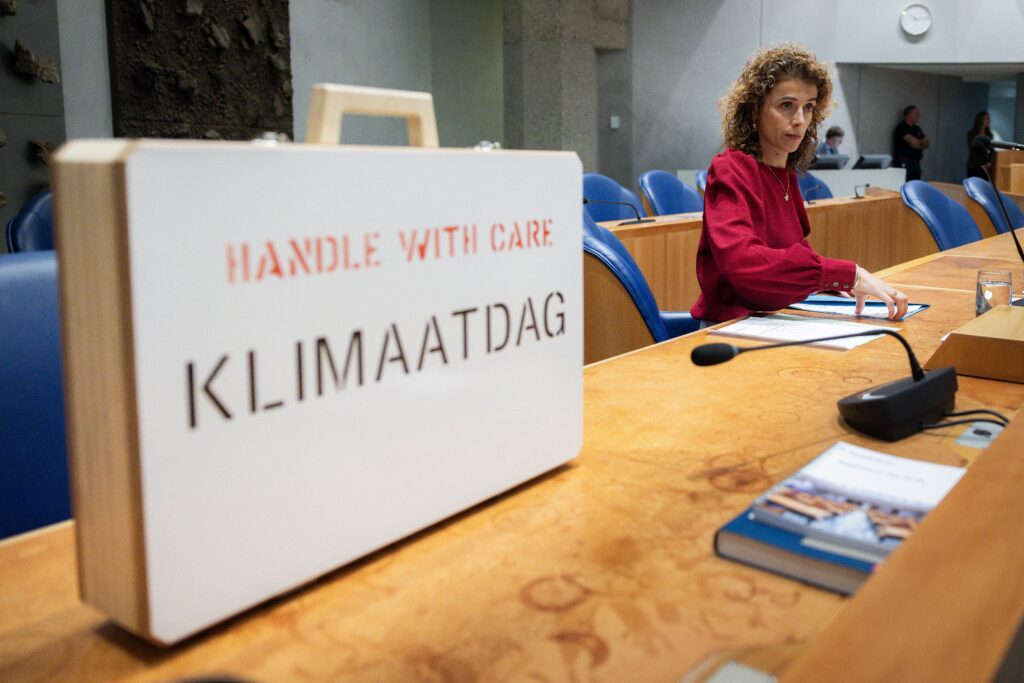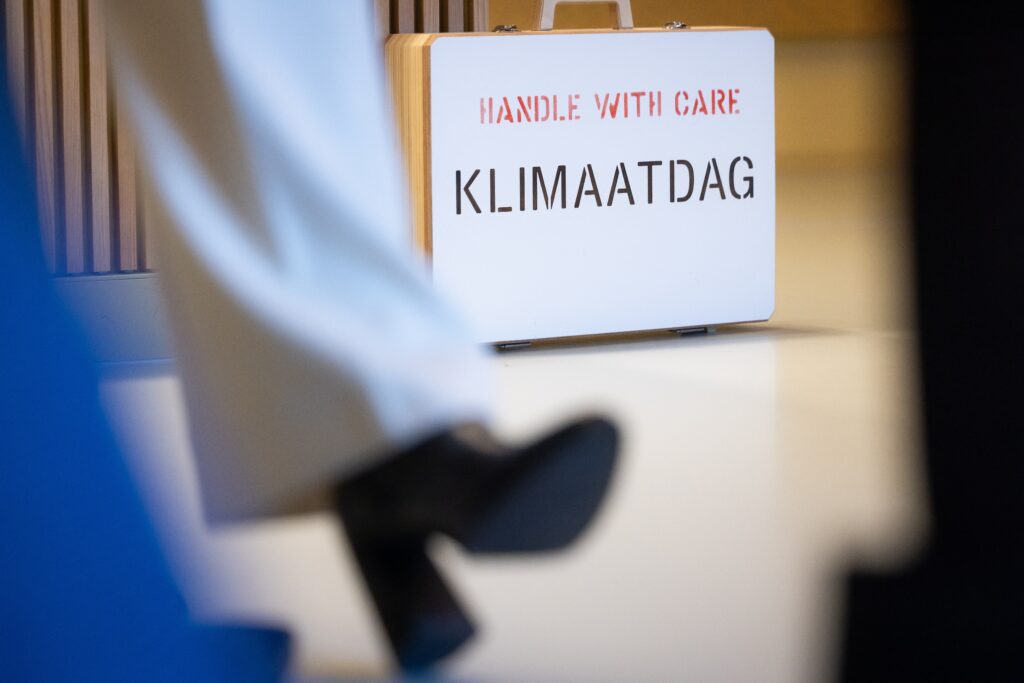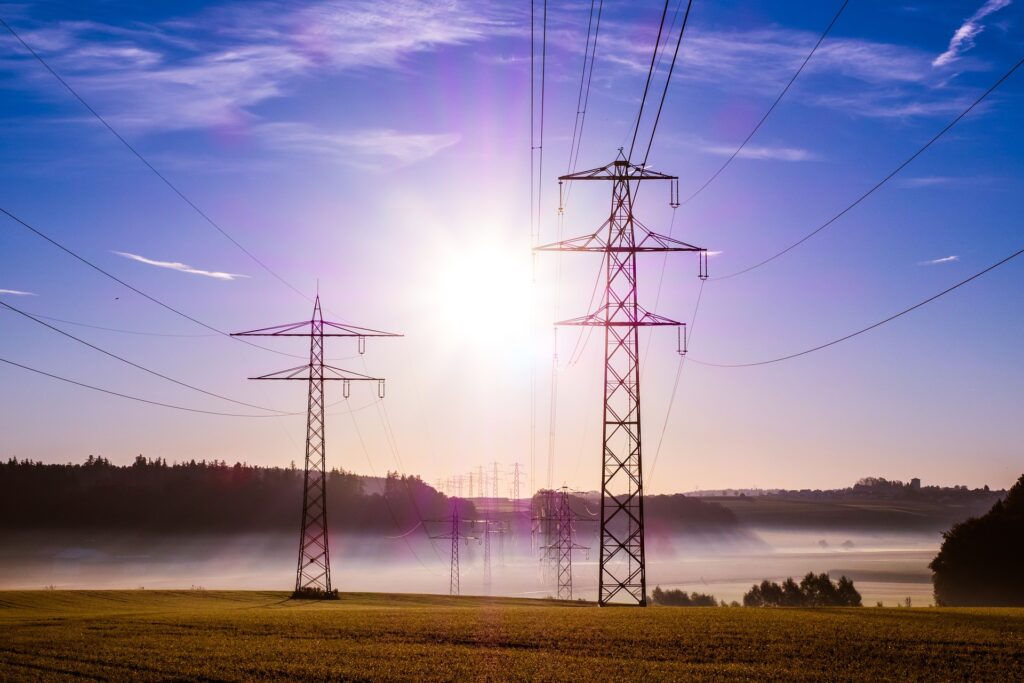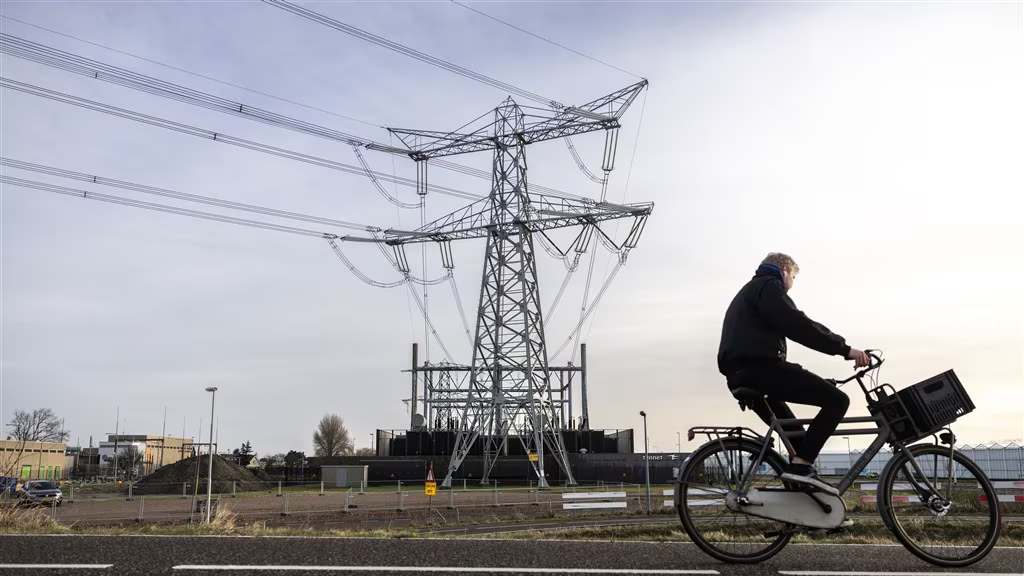Today Members of Parliament are debating the announced measures to combat grid congestion. The overfull electricity grids have enormous effects on the economic development of the Netherlands in general and the energy transition in particular. It is clear that electricity grids will not be reinforced or expanded today or tomorrow. This must be and remain the top priority. We support the fact that more flexibility is being considered in the meantime.
Energie-Nederland is happy with the action agenda, but is concerned about some of the proposals for the low-voltage grid. Because it shows that 24/7 electricity availability is considered a premium product. Companies and consumers must continue to be able to purchase devices that accelerate the energy transition, such as an electric car, solar panels or a heat pump. People who depend on medical equipment do not have that choice. Flexible behavior must remain a choice, regardless of how busy the grid is. The suggestion that the washing machine will only be allowed to be turned on if solar panels have generated sufficient power also goes much too far. After all, the grid operator is then intervening behind the front door.
In the near future, Energie-Nederland wants to sit down with a large number of involved parties such as grid operators to see how the electricity grid can be used more efficiently without consumers experiencing negative consequences.
A substantive response from Energie-Nederland can be found here. Energie-Nederland has a clear vision on tackling grid congestion.
1. Accelerate the expansion and strengthening of power grids:
In the coming years we will use much more electricity than we do now, according to scenarios twice as much in 2030, and 3 to 5 times as much in 2050. Expanding and strengthening electricity grids is therefore the only structural solution to the current problems.
There are several causes for the slow expansion: the limited financial resources of the network operators, the slow permit procedures, the nitrogen problem, the shortage of workers and the availability of the necessary equipment. There is also a lack of insight into where exactly the network is bottlenecking because insufficient measurements are being made.
We call for a detailed investigation of bottlenecks causing delays to develop targeted solutions accordingly, emphasizing the importance of understanding the contributions of each cause of grid congestion.
Only when these causes are known can specific solutions be sought. The problem is so great that almost every conceivable measure should be on the table.
2. Help grid users to use their flexibility
Even if we manage to significantly accelerate the construction and expansion of electricity grids, we will probably still have a significant deficit in the coming decade. If companies are prepared to use the grid at times when capacity is still available, the existing grid can handle more demand. This is called congestion management and is a form of peak hour avoidance.
However, it is not possible to use the available network capacity sufficiently, as special congestion management contracts must be concluded that are currently not sufficiently offered by network operators. In principle, according to current European and Dutch legislation, the network operator is already obliged to apply congestion management (and therefore to offer a congestion management contract). Users are also required to participate in congestion management.
It is therefore important that both of these obligations are enforced and it is up to the ACM’s to do this. Yet it seems logical to start enforcing the obligation on the part of the grid operator, because without a contract with the grid operator you cannot even oblige a connected party.





